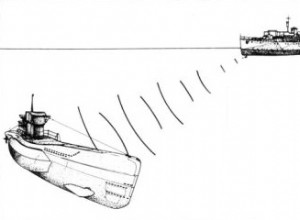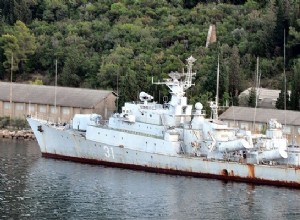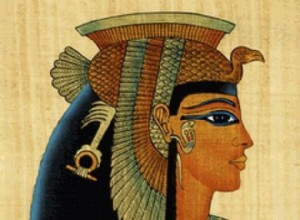The first problem posed by the U-boat was its location; the second was its destruction. In 1917 the Allied Research Commission for the Detection of Submarines had worked seriously and for a long time to solve the first point, and towards the end of the war they created a device capable of detecting




